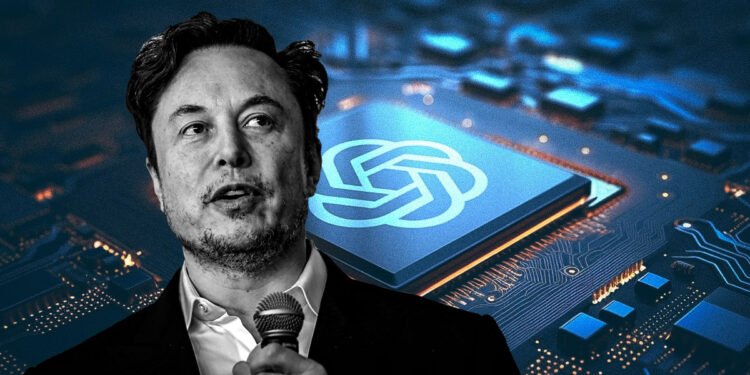Headline: OpenAI Counters Elon Musk’s Lawsuit, Highlighting His Early Advocacy for For-Profit Model
Introduction:
OpenAI has strongly reacted to Elon Musk’s recent legal action, wherein he alleges a departure from its original nonprofit mission. The AI entity asserts that Musk, one of its founders, initially advocated for the shift towards a for-profit setup, contradicting his current claims with past support.
Expert Opinion:
Based on OpenAI’s legal filings and a blog entry from December 13, Musk’s early engagement significantly influenced the organization’s structure. Documents reveal Musk’s doubts regarding the sustainability of a nonprofit model before OpenAI’s establishment in 2015. OpenAI indicated that Musk proposed a combined standard C corporation and nonprofit framework to enhance efficiency, suggesting an early inclination towards a more adaptable governance system.
Market Context:
In 2017, Musk revisited discussions on OpenAI’s structure, proposing a switch to a for-profit model due to rapid technological advancements. Co-founder Greg Brockman mentioned Musk’s viewpoint that a nonprofit could constrain OpenAI’s aspirations, a sentiment shared by the organization’s leadership then. Although Musk initially supported this shift, tensions arose when he sought significant control over the envisioned for-profit entity, including majority ownership and a prominent executive role, leading to his board departure in 2018.
In 2019, OpenAI adopted a capped-profit format to attract vital investments for thriving in the competitive AI sector. This decision drew substantial support from investors like Microsoft. Notably, OpenAI’s legal representatives revealed that Musk had been offered equity in the capped-profit setup multiple times, which he declined, later distancing himself from the entity.
Impact Analysis:
Musk’s subsequent project, xAI, launched in 2023 as a rival to OpenAI, has reportedly secured billions in funding while developing new AI models to compete with solutions like ChatGPT. Musk’s lawsuit in August argues that OpenAI’s shift to a for-profit model betrays its core principles. Nevertheless, OpenAI contends that Musk’s current claims overlook his past promotion of such a transformation, potentially affecting his credibility among AI industry stakeholders.
This escalating legal dispute not only emphasizes the personal conflict between Musk and OpenAI but also mirrors broader tensions within the AI sector as various entities vie for prominence and shape the future of artificial intelligence development.
Conclusion:
In essence, OpenAI’s response to Musk’s legal challenge sheds light on a complex history of governance and strategic decisions. By recalling Musk’s previous endorsement of a profit-driven direction, OpenAI aims to highlight the inconsistency in Musk’s current stance. As the legal battle progresses, it marks a crucial juncture in the AI industry, where competitive dynamics and fundamental principles are increasingly under scrutiny. The outcome could have significant implications for both OpenAI and xAI as they navigate the ever-changing AI landscape.








